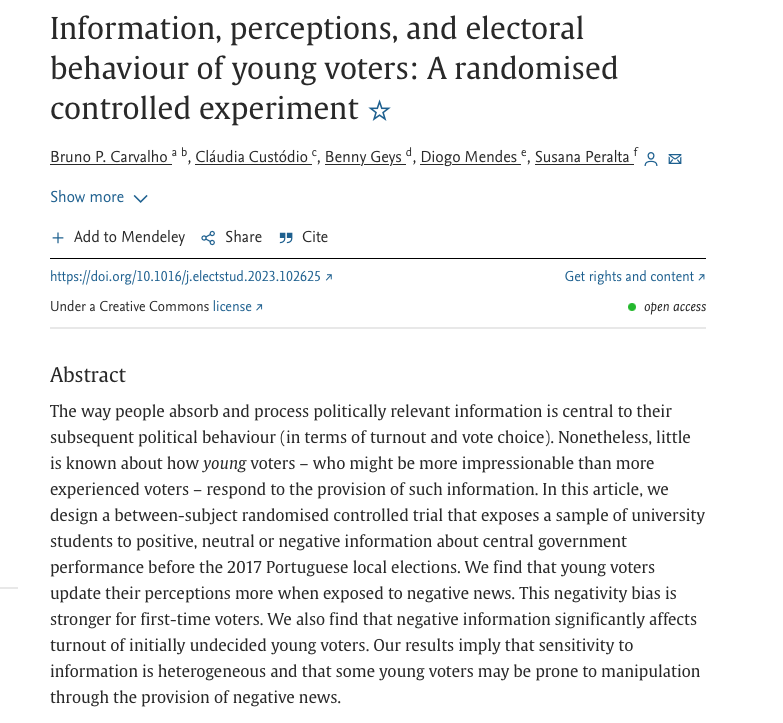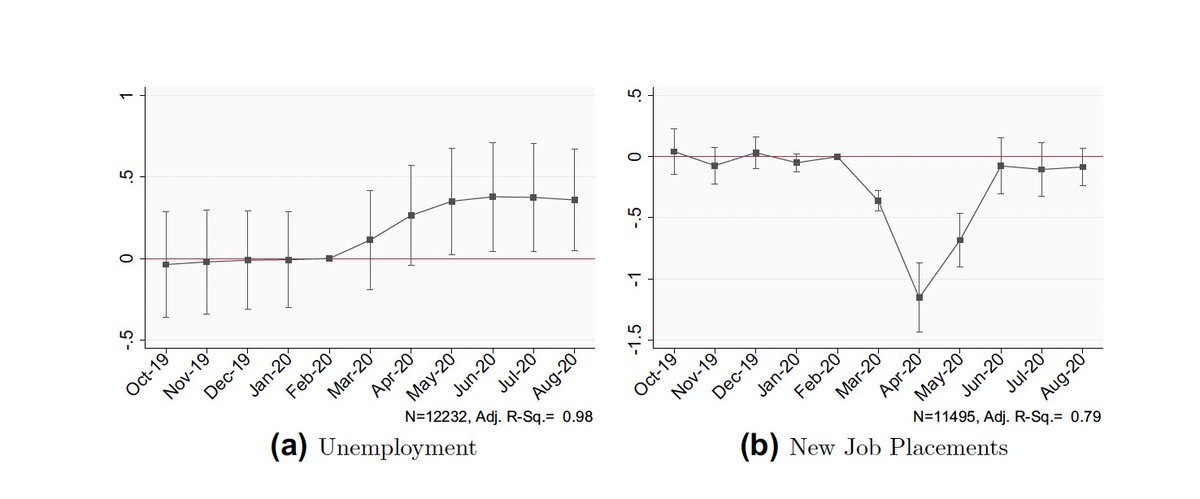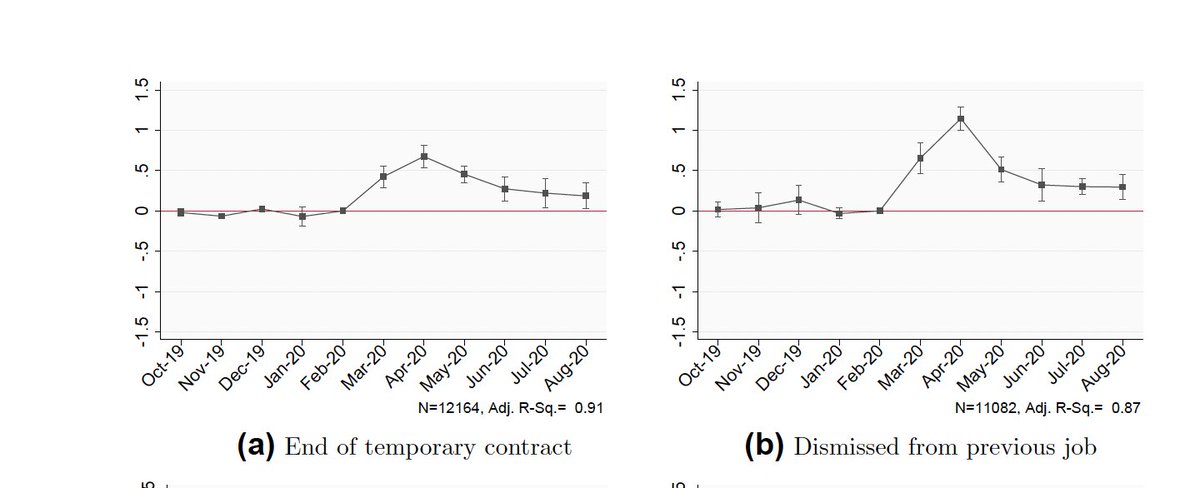I am very happy to say our paper "Informations, perceptions and electoral behaviour of young voters" is now available in @ElectoralStdies. This is joint work with Benny Geys, @claudiacustodi0, @diogogmmendes and @speraltalisboa. #EconTwitter
A🧵👇 (1/8)
A🧵👇 (1/8)

We run an RCT where:
👉Young voters are given positive or negative info about the central government performance (different policy areas).
👉Information based on articles from mainstream Portuguese media.
👉Treatment provided right before the 2017 local election (2/8)
👉Young voters are given positive or negative info about the central government performance (different policy areas).
👉Information based on articles from mainstream Portuguese media.
👉Treatment provided right before the 2017 local election (2/8)
Our goal is to assess if:
👉 Positive and negative info have different effects on government performance perception;
👉 If an updated general government performance spills over to voting behaviour on local elections;
👉 The impact is different for younger/undecided voters. (3/8)
👉 Positive and negative info have different effects on government performance perception;
👉 If an updated general government performance spills over to voting behaviour on local elections;
👉 The impact is different for younger/undecided voters. (3/8)
We 🚨 find 🚨:
👉Strong evidence of negativity bias on perception updating: negative information matters more for general performance perception;
👉Little evidence that voting in local elections is strongly affected by perceptions about central government behaviour (4/8)
👉Strong evidence of negativity bias on perception updating: negative information matters more for general performance perception;
👉Little evidence that voting in local elections is strongly affected by perceptions about central government behaviour (4/8)
Important 🚨heterogeneity results 🚨:
👉 Younger voters have a stronger negativity bias (they react more to negative and discount positive info);
👉 Undecided voters react to negative information by voting less and using the local vote to punish central government (5/8)
👉 Younger voters have a stronger negativity bias (they react more to negative and discount positive info);
👉 Undecided voters react to negative information by voting less and using the local vote to punish central government (5/8)
🚨Policy implications🚨:
👉Negative news (even if factual) have larger effects than positive ones;
👉Young voters are more sensitive to (negative) media information.
👉Findings useful to understand implications of communication tone for voters' perceptions and behaviour (6/8)
👉Negative news (even if factual) have larger effects than positive ones;
👉Young voters are more sensitive to (negative) media information.
👉Findings useful to understand implications of communication tone for voters' perceptions and behaviour (6/8)
You can find the full paper here: (7/8)
sciencedirect.com/science/articl…
sciencedirect.com/science/articl…
On a personal note, this is the first chapter of my PhD thesis to find a home.
The process was tough and sometimes frustrating, but I am happy to see it published @ElectoralStdies, and with such a great group of co-authors.
Questions/comments are welcome. (8/8)
The process was tough and sometimes frustrating, but I am happy to see it published @ElectoralStdies, and with such a great group of co-authors.
Questions/comments are welcome. (8/8)
• • •
Missing some Tweet in this thread? You can try to
force a refresh

 Read on Twitter
Read on Twitter





